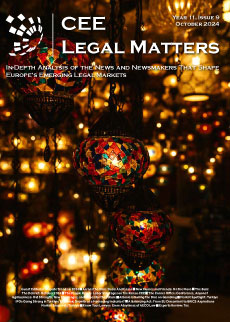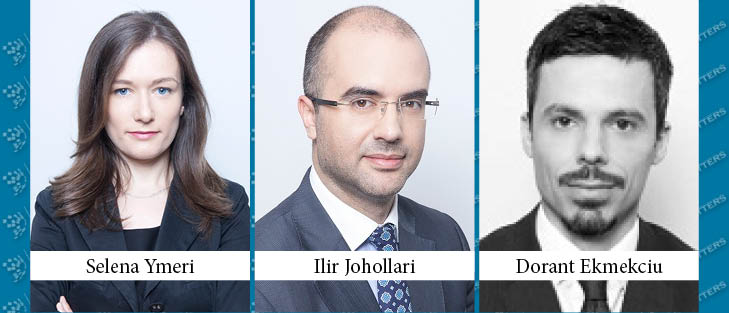Two new regulations with significant effects on the automotive sector were introduced on January 1, 2019, in Slovakia.
Mandatory Recreation Allowance - All Employers Forced to Boost Tourism in Slovakia
The first of these two regulations provides that, upon request, employers in Slovakia with more than 49 employees must provide their employees with a recreation allowance amounting to 55% of recreation-related eligible costs (up to EUR 275 annually), to be spent for vacation at a hospitality facility situated in Slovakia. While this allowance is income-tax-free for the employees, it remains a tax-deductible expense for employers. Adopted with a view to boosting local tourism – in itself a legitimate and laudable aim – this regulatory measure has attracted widespread criticism, as it not only increases costs, but also dictates how the private sector should remunerate its workforce, thus providing a “hidden” cross-subsidization for the Slovak hospitality industry to the detriment of middle/big sized employers – including, of course, all key players within the automotive sector.
Employers can handle all the administrative work themselves and directly reimburse employees after receiving the relevant invoices. Alternatively, they may cooperate with an external “voucher” provider that will sell them recreation vouchers for a commission not exceeding 3% of the voucher’s nominal value. Recreation vouchers as electronic payment tools can then be used in accommodation facilities that cooperate with a provider of recreation vouchers. The latter appears to be the preferred option, especially in the case of large automotive employers, due to its smoothness. Market signals already show that voucher companies are asking a commission of between 8-12%, which is why many recreation facilities might not be willing to cooperate with them. As a consequence, if employees receive recreation vouchers, their choice of recreation facilities will be limited. It is not yet clear whether an employer can impose a voucher system on its employees and refuse to reimburse employees who decide not to use vouchers and instead stay in accommodations which are not part of the voucher network. This will be a crucial issue, particularly for large employers such as the four key automotive producers in the country (VW, Peugeot, KIA, JLR). Should they go for a voucher system, it will significantly boost the voucher companies’ business.
As a “bonus measure” that is only applied to employers with more than 49 employees, this regulation may be seen as discriminatory. It shows that the state is automatically assuming that such employers can more easily afford to incur the additional cost of the recreation allowance. In addition, the government is restricting private employers’ freedom by telling them how to remunerate their employees beyond minimum wage requirements. Several employers have already indicated that the mandatory recreation allowance will force them to cut other employee bonuses, and trade unions have signalled that recreation vouchers are standing in the way of negotiating wage increases in collective agreements for 2019.
Solution for the Lack of a Local Workforce?
With a shortage of workers in the automotive sector and the unemployment rate hitting a record low, the government has understood that the time has come to speed up the process for providing temporary residence permits for employment purposes to non-EU nationals. Accordingly, under the second of the two new regulations, instead of a 90-day period, the Foreign Police must now decide on applications within a period of 30 days from the date they receive confirmation from the Labor Office that a vacant position can be filled by a third-country national. However, this shorter period applies only where the vacant position belongs to a listed category of positions with a shortage of workforce and where the employer is located in a region where the average unemployment rate is lower than 5%.
It seems that many automotive employers will benefit from the relaxation of immigration laws, as positions in the sector suffer from a workforce shortage. However, the precondition of being located in an area with a low unemployment rate might severely limit its utilization. Specifically, automotive employers located in regions other than Western Slovakia may not be able to benefit from the new regulation. In addition, the regulation also sets a limit on the maximum share of third-country nationals compared to the employer’s total headcount. Overall, the amendment brings a cautious facilitation with restrictions, and based on the latest economic data, it may have come too late.
By Radovan Pala, Partner, and Radoslava Lichnovska, Senior Associate, Taylor Wessing
This Article was originally published in Issue 6.2 of the CEE Legal Matters Magazine. If you would like to receive a hard copy of the magazine, you can subscribe here.
















